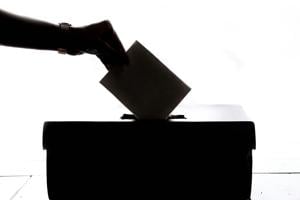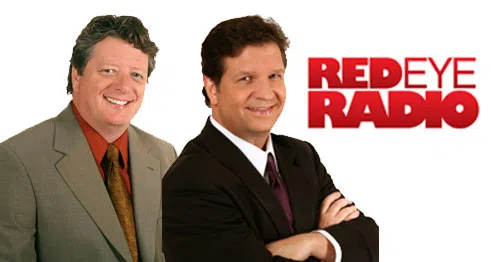(The Center Square) – The final meeting of the Illinois Ranked-Choice and Election Systems Task Force is in the books and a final report to the General Assembly is the next step.
Ranked choice voting is where voters select several candidates, but rank them on most preferred versus least. Those rankings play in the final tally of the vote.
Last year, the group was formed through legislation. They’ve held several meetings in the past few months. The idea is to investigate having ranked choice voting for Illinois’ 2028 presidential primary.
Illinois’ panel heard from proponents like Abigail Drumm from the group FairVote Illinois. She addressed concerns that vote totals from such a system could come weeks after election day.
“It’s the exact same thing as doing what we do now because they are unofficial results, and yeah that may change as you get more ballots in, but that’s how elections work right now,” she said. “As you get more ballots in, the results may change.”
Illinois takes up to two weeks to count ballots now, to ensure all ballots postmarked for election day have time to make it through the mail system.
But, there were concerns that ranked choice voting could compound concerns. Tazewell County Clerk John Ackerman said both sides already question election outcomes as is evident from 2016 and 2020.
Adding ranked choice to the mix may make things worse.
“We hear enough already when the vote count changes drastically as new votes are counted,” he said. “I can only imagine as we’re saying that candidates aren’t in there anymore, that they are in there, that would cause vast confusion throughout the state.”
Ackerman also said there has been little to no discussion about what it would cost taxpayers in new equipment, staff and training to upend the current process for a new one.
State Rep. Kam Buckner, D-Chicago, discussed his support for ranked choice voting.
“We should be using modern election machines and software and right now there are still counties in Illinois that are using paper ballots and we really need to move past that,” Buckner said.
Ackerman said every jurisdiction in the state must have paper ballots to audit by law. He also said a ranked choice system would force centralizing the state’s elections, something he’s heard as an election official is not the most secure.
“You would have to hack the elections in 109 different jurisdictions in order to successfully attack the Illinois election process,” Ackerman said. “So our diversity, we’ve heard from the feds, is actually our greatest strength.”
The next meeting of the group to finalize a report to the General Assembly is April 8.







